Check the speakers from the 2024 edition
Look at these amazing human beings
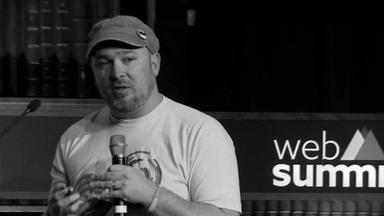
PJ Hagerty
Founder of DevRelate.ioOpen Source Isn't What It Used to Be
Many folks have an image of Open Source. To some it’s “if I build it, they will come”. Others, “it’s unregulated, Wild West - not dependable”. And even others, “it’s how we do business”. All this has changed, and continues to change. Open Source have become financially a part of everything technology driven. But what does that mean for us as developers? In this talk, we’ll discuss Open Source as it stands today, the best way to use Ooen Sourve, and how to be a participant and good Open Source citizen.
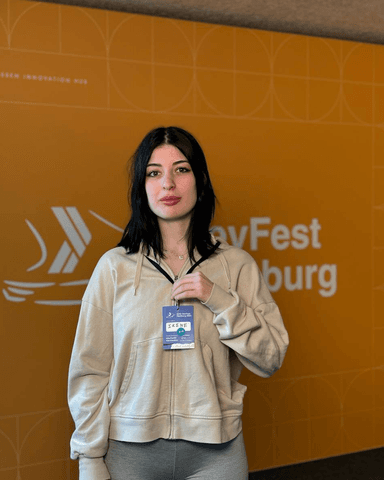
Irine Kokilashvili
Systems Engineer at EPAM SystemsNanocl: Our Open Source Story
Nanocl, born from the grounds of a study project, became something more than just that. Now it is more than just code; it's the narrative of our growth. It all began when a vision sparked within us, we saw a problem and decided to code Nanocl, the Rust alternative of Kubernetes. Since then, the project has taught us the power of open source, building a community and important lessons in Distributed computing. This is our story of learning and maturing, with power of open source.

Iulia Feroli
Senior Developer Advocate at ElasticHarry Potter and the Elastic Python Clients
Ever wanted to revisit your favourite moments in a book or movie? To find that specific scene you don’t remember the exact dialogue from, but you know it was funny or emotional? Look no further! Call it overkill, but I’ve indexed the Harry Potter books and movie scripts to enable just that - complex, semantic search. By combining different third party LLMs (like sentiment analysis) and native vector search capabilities; with some extra special Elastic optimising magic sprinkled on top - we can go on a magical search journey. All of it powered by the (multiple!) Elastic Python clients.

Fabien Vauchelles
Anti-Ban Expert and Scrapoxy creatorMastering Web Scraping with Scrapoxy: Unleash Your Data Extraction Wizardry!
Unlock the full potential of web scraping with this Scrapoxy! From novice to virtuoso, join us on an exciting journey of data extraction as we unravel secrets and advanced techniques.
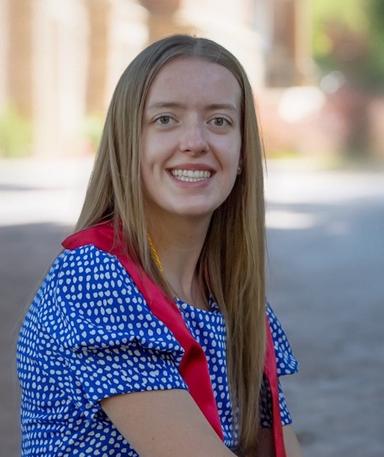
Samantha Holstine
Developer Advocate at CamundaOrchestrate the Chaos: Process Automation in Modern Architectures
A recent (2022) poll by Kong placed the average number of microservices for a single enterprise at 184! Modern architecture patterns are great at optimizing resource usage, but what happens when you need to make a critical change to one process that spans multiple shared services? Complex business processes can be difficult to manage and automate. How do you quickly implement changes while maintaining uptime? How do you introduce a new service to an existing process? In this talk, we will discuss how to use Business Process Modeling (BPM) to orchestrate and execute complex business processes in your application. Don't let the name fool you: this not your father's Visio diagram. Everyone should leave this talk with a new approach to solving their orchestration complexities!
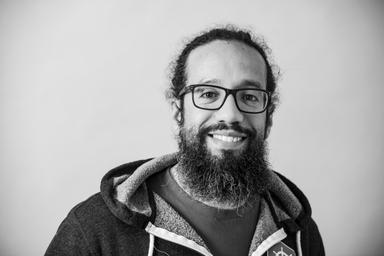
Abdel Sghiouar
Cloud Developer Advocate at Google CloudOur dependency on Open Source is scary. SLSA, SBOM and Sigstore to the rescue
We depend on OSS so much; no one is writing a cURL or Math Library anymore; everyone is just maven or npm pulling a bunch of stuff from the Internet, and that’s scary. How do you know your dependencies are free of backdoors or vulnerabilities? Have you heard of SLSA, SBOM, or the new fuzzy word in the street, “Software Supply Chain Security' before? Maybe yes, if you are an avid reader of some tech publications. But what does this all mean? Or rather, should you care? Well, the answer is it depends. In this talk, the speaker will attempt to clarify these words and what they mean and present a state of the security world with tools and methodologies people and organizations are implementing to ensure the software is secured from dev to production.
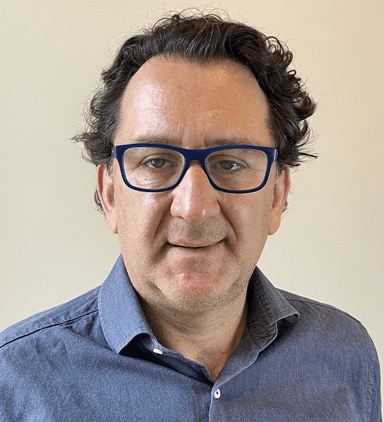
Francesco Corti
Principal Product Manager at DockerFrom the origin to the future of Open Source model and business
Is Open Source dead or dying out? Is Open Source at risk? Should you invest time and effort in doing Open Source software? In this talk we will start from the very beginning of the OSS idea since the 70's and all its evolutions until today's days. We are going to discuss the most recent challenges of Open Source through examples and evidence, until one of the most interesting questions that we all have in mind: where is Open Source going? Francesco is a passionate Open Source enthusiast with several years of experience in the field, working for relevant Open Source projects in the market like Docker, Backstage by Spotify, Alfresco by Hyland, and Pentaho by Hitachi Vantara (the latest as community contributor).

Nathan Marrs
Tech Lead of Data Visualization at Grafana LabsHow to Monetize Your OSS Project While Keeping Its Soul Intact: A Grafana Story
Join Nathan for an engaging talk that uncovers the art of monetizing open-source projects without compromising their core principles. In this captivating presentation, attendees will delve into the real-world success story of Grafana, where Nathan will share actionable insights and strategies for achieving financial sustainability while preserving the soul of your beloved open-source endeavor. Nathan's talk promises to be an eye-opener for open-source enthusiasts, project maintainers, and business-minded individuals alike. Whether you're passionate about Grafana or eager to unlock the potential of your own OSS project, this presentation offers a roadmap for harmonizing monetary success with open-source ethos.

Valeria Salis
Software developer at SparkFabrikBuilding a Sustainable Web: a practical exploration of Open Source tools and strategies
Being someone deeply concerned about climate change, I stumbled upon web sustainability by chance. I first learned about how to create a better User Experience taking in consideration sustainability principles and strategies. It wasn’t enough for me. I searched for more information and tried to connect some key words to “sustainable” or “sustainability” such as cloud sustainability, more sustainable cms, more sustainable programming languages, etc. At some point I didn’t know where I was and what I was searching for anymore as I couldn’t see a clear and linear path (sorry, INTJ problems). So I tried to build it myself and, as small as they seemed, I made some steps forward and open source and the community aspect had a key role. In this talk we will take a look at those steps and explore some open source tools and resources so the approach to a more sustainable development won’t seem like an insurmountable obstacle any longer.
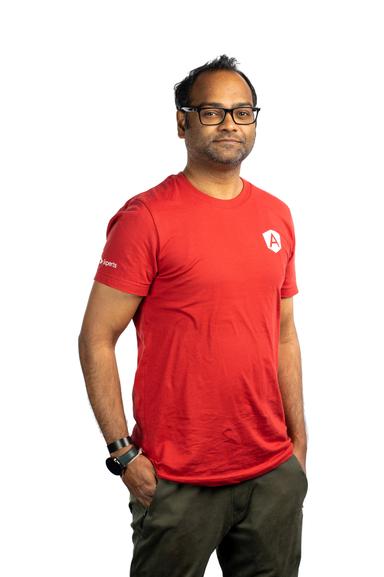
Santosh Yadav
Senior Software Engineer at CelonisThe open source build tool everyone needs
Developers invest time writing code, ensuring the code is well structured, going through code reviews, and then ending up waiting for builds, tests, end-to-end tests to pass on local machines and CI. For larger open source and enterprise projects, the challenge is building what is changed; Google has been doing this for years; let me tell you about Nx, the tool built by Ex-Googlers, which can help give superpower to your developers; it gives you: Ability to create more structured code,Speed up local, and CI runs,Identify flaky tests,Ability to share build cache,More detailed report of CI usage,Ability to distribute your tasks to multiple agents If you are struggling with any of the above, what are you waiting for? Join me in this talk and enable the developer superpower for your team.

Federico Terzi
Creator of Espanso.org, Software Architect at AnimaAppFearless replication: building a CRDT in JS
Nowadays, users expect every application to sync seamlessly across devices. Implementing a reliable synchronization mechanism is not trivial, and can become a major challenge if we want our applications to keep working without a stable internet connection (aka. local-first). In this talk, we’ll talk about CRDTs (aka. Conflict-free Replicated Data Types), a data structure that makes state synchronization between replicas a breeze, even when lacking a stable connection. CRDTs are extremely versatile, making it possible to power use cases like real-time collaboration (eg. Google Docs), all the way down to distributed databases. We’ll introduce the necessary concepts step by step, building a basic, but fully functional CRDT in JavaScript, giving you the foundations to add them to your distributed systems toolbox.

Sabrina Mazzola
Senior Consultant/Scrum Master at adesso SEHow you can find your space of belonging in IT with diversity sensitive approach
In IT, many people are labeled as neurodiverse (being on the autism spectrum, ADHS) or just have an extraordinary level of being introvert. Is it a disorder? Or just an advanced adaptation to recent challenges, how science suggests? Whats clear: A diversity sensitive approach will liberate affected people from stigma and will provide Scrum teams as a whole what is needed likewise in inclusion and Scrum: Psychological safety and belonging. This talk will show you how to reach that goal - in 7 steps, guided by an empathetic journey.
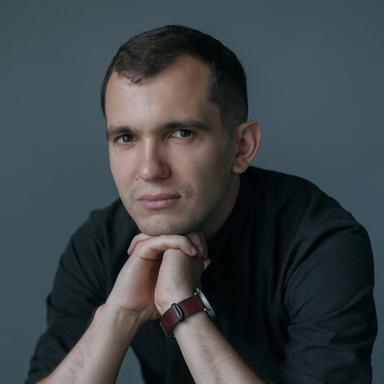
Andrey Sitnik
Lead front-end developers at Evil MartiansHow to Make Your Open Source Project Popular
The talk is summarizing my 15 years of making open source tools. Some of them became popular (PostCSS, Autoprefixer, and Nano ID have more than 60 M downloads per month) but most projects were not popular (and their fails taught me more that successes' projects). The talk is not about the dark patterns, but about the things which many maintainers forget: about the users and the fact, that users don’t have enough time: Why open source dream is a lie?, What are good and bad reasons to create an open source project?, How to write docs readable (even for users who have a hard-working day)?, What to do if you are not a native English speaker?, How to deal with hate? A few tricks to reduce burnout a little.

Mario Fiore Vitale
Senior Software Engineer at Red HatDealing with data consistency - a CDC approach to dual writes
Are data consistencies keeping you up at night? We will explore how Change Data Capture (CDC) can be used to synchronize data across multiple systems without compromising integrity. The spotlight of this tech talk will be on Debezium, an open-source CDC platform that excels in capturing and delivering database changes across various systems. We will see how it can be used to enable seamless dual writes, ensuring data consistency across multiple data stores without compromising performances.

Roman Khavronenko
Software Engineer at VictoriaMetricsHow to monitor the monitoring
Monitoring protects us from the unknown, and makes us see through the complexity of distributed systems and hardware.But what is monitoring if not another complex distributed system? And what happens when it fails? VictoriaMetrics is an open-source distributed monitoring solution for metrics. Users trust it to provide observability for their services and infrastructure. But as with any distributed system, combining unique settings, versatile workload, and hardware specifics could result in unexpected state of VictoriaMetrics software. In the talk, Roman Khavronenko will cover how the monitoring approach evolved over time after encountering many unique VictoriaMetrics support cases. What is Monitoring of Monitoring? How to build engineer-friendly Grafana dashboards, create meaningful alerts, and compile troubleshooting guides for open-source product? Discuss these and other monitoring-related questions together with Roman!
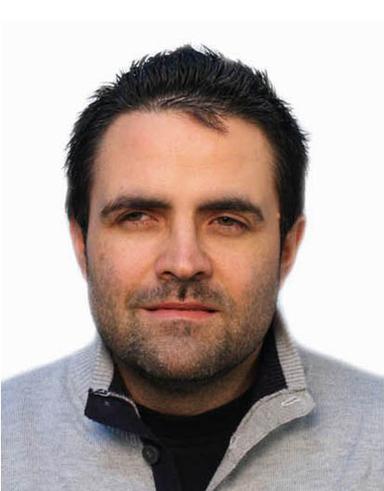
Alessandro Albano
IT Senior Developer Java EE at Spindox🇮🇹 Designing Accessible and Inclusive Software: An Opportunity for All
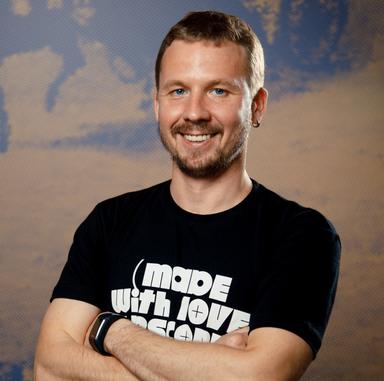
Sasha Denisov
Chief Software Engineer at EPAMFlutter and AppleTV. Story of one challenge
Flutter, an open-sourced framework by Google, officially supports six platforms (Android, iOS, Web, MacOS, Linux, Windows), but, unfortunately, no TV platforms are on the list. While Flutter applications can indeed be developed for TV platforms, and launching your app on Android TV can be relatively easy, the situation with Apple TV is far more complex. But, as you remember, Flutter is open-source, so we can fork it and create our own Flutter. In this talk, I will describe step-by-step how we solved this task and finally launched a Flutter application on AppleTV

Arafat Khan
Engineer at SourcegraphFlipping the Script: How Open-Source AI is Rewriting the Rulebook
This energetic talk is a vibrant exploration into open-source AI tooling, reimagining AI as an innovator's playground. It takes a dynamic journey through cutting-edge open source tools like Mixtral (an LLM), Llama Index (Open source RAG tooling), and Cody (AI Coding editor). Packed with live demos and engaging development stories, it bridges AI ethics and community-driven innovation. Get set for an electrifying leap into programming's future, where open-source AI isn't just a concept but a revolution in the making!
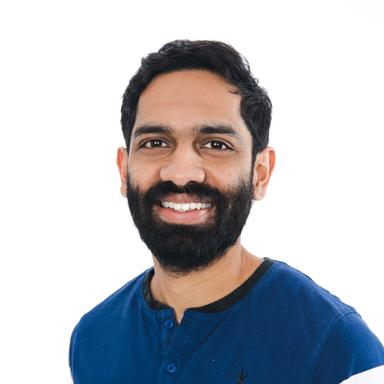
Sohan Maheshwar
Developer Advocate Lead at FermyonA Greener, Cost-Effective Cloud with Serverless WebAssembly
Software Carbon Intensity (SCI) quantifies emissions from an application, combining operational and hardware emissions. Serverless functions reduce operational emissions by running apps on-demand, but faces cold-start delays. WebAssembly (Wasm) offers a solution to cold-start issues with near-instant startup, akin to containers but more efficiently. Wasm modules are just as secure as containers with default sandboxing, yet they start almost instantly (in microseconds). In this session, we discuss why Wasm is the ideal & greenest unit of compute for Serverless applications and how you can get started using Serverless Wasm with Spin - an open source developer tool. We’ll demo running AI inferencing Spin applications and discuss how it also enables better GPU resource sharing. By the end, you’ll have an understanding of the characteristics that make Wasm a cost-effective and sustainable unit for a greener cloud.

Noah Jelich
Lead Security Researcher at Hacken Cybersecurity ServicesUnveiling WasmCov: Revolutionizing Test Coverage Across Wasm Ecosystems
WebAssembly (Wasm) has seen widespread adoption, yet a significant challenge persists—lack of support for comprehensive test coverage solutions like LLVM. In the realm of blockchain, where code vulnerabilities can have severe consequences, relying on automated testing becomes paramount. This presentation delves into the limitations of current test coverage suites for Wasm and introduces an innovative solution - WasmCov. Developed by Noah Jelich and Bartosz Barwikowski at Hacken, WasmCov pioneers the field of Wasm module coverage, providing a robust testing tool to fortify smart contract development in blockchain environments.
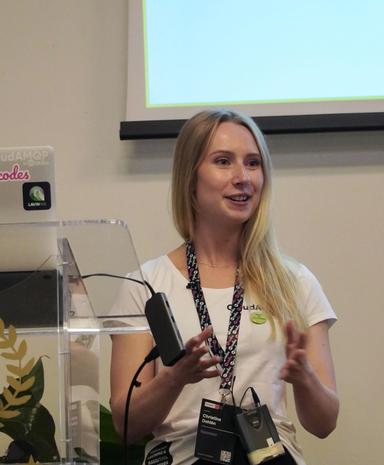
Christina Dahlén
Developer & Project Lead at 84codesWhy Writing To Disk Is Faster: Building a Message Broker
This talk introduces LavinMQ, an open-source message broker engineered for optimal resource utilisation and high performance. The presentation covers the basics of message queuing, discussing its practical applications. Then we'll delve into LavinMQ's technical details, showcasing its exceptional performance through benchmark comparisons and architectural examples. Beyond message broker development, the session provides actionable tips for enhancing network applications that are performance or resource sensitive. Join me for an exploration of LavinMQ and learn more about performance optimisation for network applications.
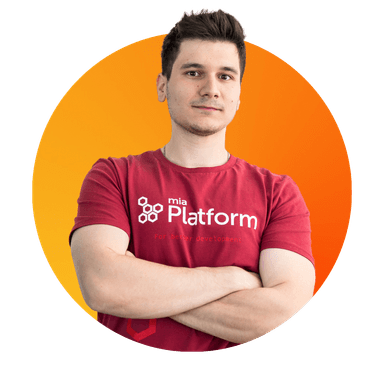
Graziano Casto
Technical Product Expert at Mia-PlatformPractical Policy-as-Code (PaC) with OPA and a managed sidecar container
The cloud-native landscape brings incredible advantages, but it also introduces new security challenges, making safeguarding a top priority. In the traditional policy enforcement model, manual management leaves organizations vulnerable to inevitable breaches due to human error – a matter of 'when,' not 'if.' Enter Policy-as-Code (PaC), a game-changing approach that leverages code to define and manage policies, transforming rules and conditions into actionable directives. By keeping policy definitions in source code control, whenever a change is made, it can be tested, validated, and then executed. The goal of PaC is not to detect policy violations but to prevent them. In this session we delve into the practical implementation of a Policy-as-Code strategy for your organization using Rönd and Open Policy Agent, two powerful open-source projects that could help you to redefine your security paradigm.
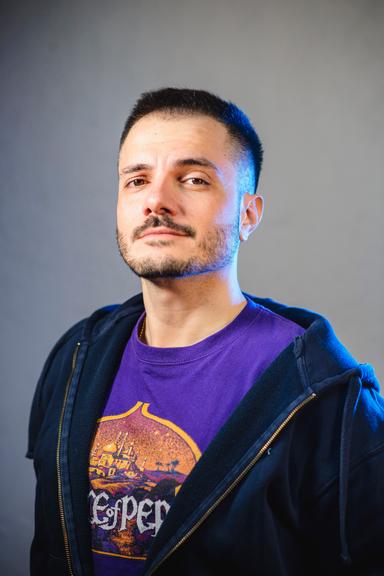
Edoardo Dusi
Developer Relations Engineer at SparkFabrikWebAssembly: The Next Frontier of Cloud Computing
In this talk, we will explore how WebAssembly (Wasm) is poised to become a major player in the future of cloud computing. Wasm is a binary format that can be compiled from many different languages and run on a variety of operating systems and architectures. Its near-native performance, portability, and security make it an ideal solution for addressing the challenges of distributed application development, deployment, and maintenance. One of the fastest-growing Cloud Native trends is the adoption of Wasm, with projects such as Docker+Wasm (now in Beta) launched with a partnership between Docker and the CNCF’s Wasm runtime WasmEdge. Wasm's efficiency and speed make it ideal for on-demand scaling, while its sandboxed environment and deny-by-default approach to granting access to capabilities provide enhanced safety and security. In this talk, we will delve into the key value propositions offered by Wasm and how it can help address the challenges posed by CPU diversity, multiple operating environments, security concerns, distributed application architecture, and scalability.
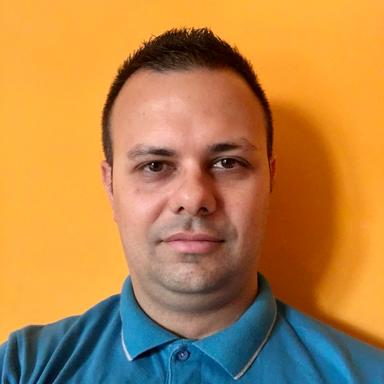
Paolo Insogna
Node.js TSC and Staff DX Engineer at NearFormFrom Smart Home to Smart Cats: extending my home automation to my pets
When going online and searching for new gadgets for our home, we often find Alexa, HomeKit or Google Assistant compatibility badges. Are these compatibility layers hard to code? What if I want to code mine? The truth is that every gadget that is connected to the internet is probably speaking to an HTTP or MQTT API. And this means you know how to use it. In this talk, I will show you how I easily made my cat’s life way technological.
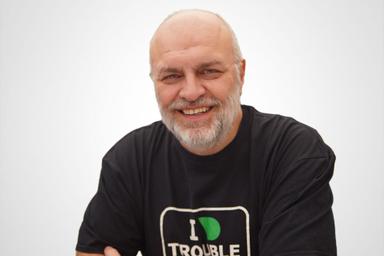
Costa Tsaousis
Founder & CEO at NetdataNetdata: Open Source, Distributed Observability Pipeline - Journey and Challenges.
Netdata is a powerful open-source, distributed observability pipeline designed to provide higher fidelity, easier scalability, and a lower cost of ownership compared to traditional monitoring solutions. This presentation will offer an in-depth overview of the journey we've undertaken in building Netdata, highlighting the challenges we've faced and the innovative solutions we've developed to address them. In this presentation, we will delve into the history of Netdata, starting from its inception. We'll discuss the initial goals of creating a monitoring tool that could offer high-resolution metrics, auto-detection of metrics, and real-time visualization, all with minimal configuration required. We'll also explore how Netdata garnered rapid attention and support from the open-source community. The presentation will then shift focus to the evolution of Netdata, including the development of: a very efficient database engine (Netdata vs Prometheus: 35% less cpu utilization, 49% less memory, 12% less bandwidth, 98% less disk I/O, and 75% less size on disk for the same dataset), a powerful alerting engine that uses statistical analysis, machine learning and templates for fully automated alerts, a streaming protocol supporting streaming of live data, replication of metrics, and support for routing interactive queries between Netdata agents
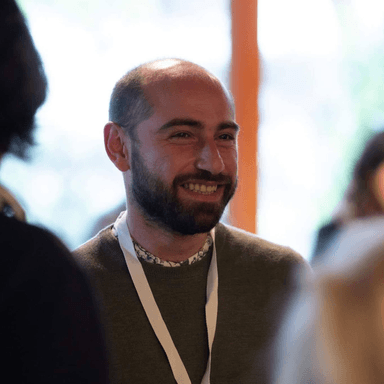
Stefano Fiorucci
Software/NLP Engineer at deepsetLarge Language Models for Devs: from zero to your first LLM application
The rise of ChatGPT and Large Language Models has revolutionized the tech landscape, leaving developers overwhelmed by the infinite opportunities and intrigued by the technical challenges posed by their complex nature. This session provides a developer-centric introduction to LLMs, focused on practical applications.No pre-existing knowledge of LLMs and NLP is required. You will gain insights into: using closed and open-source models, how to effectively prompt LLMs, vector databases, implementing Retrieval Augmented Generation applications (answer generation based on your data), building more complex applications. Through a hands-on approach, I will show code examples using open-source tools: Haystack LLM framework, Hugging Face Transformers, Ollama, and more. I will also show how you can switch from proprietary to open models.
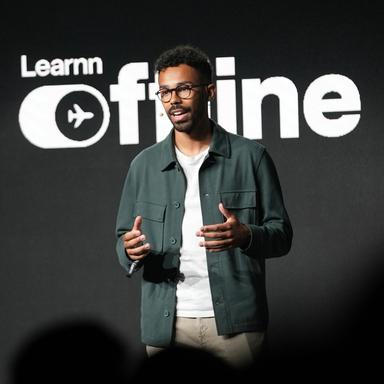
Omar Diop
Technical Lead at LearnnPerfect Pitch: Unveiling the Mathematical Symphony Behind a Guitar Tuner
Join me on a musical journey through the world of open source software as I share the story behind crafting from scratch an online guitar tuner. In this talk, we'll explore the delightful intersection of mathematics and development, where a simple curiosity led to the creation of an open-source tuner using React and Next.js. I'll share insights and challenges into the implementation of the tuner, navigating through the algorithmic landscape of autocorrelation and frequency calculations.
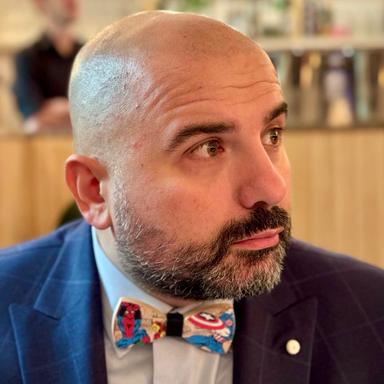
Francesco Napoletano
Staff Software Engineer at sysdig10 secrets to still be a rockstar developer after 40 - #7 will surprise you!
If you're a software engineer in your 40s or beyond, you might be wondering about the future of your career. In this talk we'll explore the practical strategies and opportunities available to experienced developers in a funny and catchy way. We'll discuss how to stay relevant in the industry, the benefits of mentorship, the potential for transitioning into management roles and how you can continue to make meaningful contributions (also, but not only) in the opensource world.
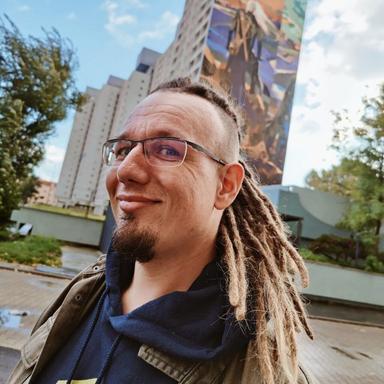
Maciek Palmowski
Security Community Manager at PatchstackIs the headless architecture really the future for CMSs?
There are many companies and experts all over the world claiming that headless architecture is something that will not only change how we develop software but also make our websites and applications faster and more secure. But is it true? Together we'll dive into many aspects of headless (like performance, developer experience, and security) so we can decide if headless is the true game-changer or just an empty buzzword.
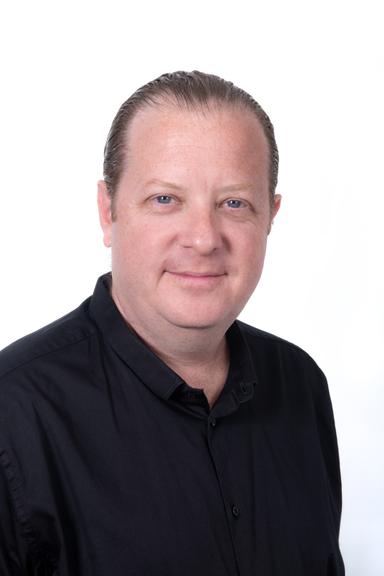
Noam Honig
Creator of RemultMeet Your New BFF: Backend to Frontend without the Duct Tape
Even with all of the incredible frameworks available today vs. a decade ago (or even two––for devs who have been around as long as I have), it still feels like much of our work as fullstack developers is still repetitive, and held together by duct tape code we shouldn’t be writing. This is because we write a lot of duplicate and boilerplate code for everyday things such as simple database CRUD, data validation, authorization, and data-type conversions, but the majority of these tasks haven’t advanced at the pace of modern web architecture. In this live coding session we'll turn a front-end app into a fullstack app with code that is easy to write, follow &, most importantly maintain, with end-to-end typesafety (say no to GraphQL!), consistent and encapsulated validations, live querying, access control, secured APIs, you get the idea. You’ll come away from this session able to build apps for modern web architecture while still maintaining our code DRY and increase productivity.

Vipul Siddharth
Open Source Innovation Specialist at UNICEF Office of InnovationInnovation for Impact and Digital Public Goods
In today's digital landscape, we are faced with a stark reality: half the globe lacks internet access, and existing digital solutions often overlook the crucial needs of children and marginalized communities. As UNICEF's Open Source Lead, I witness firsthand how technological advancements can bypass the most vulnerable. Voices go unheard, and crucial data, when extracted, often fails to leave profit, power, and value in the global south. We at UNICEF Office of Innovation, through our Venture Fund, are striving to bridge this gap. We're not just piloting accessible Open Source solutions; we're funding for-profit early-stage startups to innovate openly, broadening access and impact. We aim to collaborate with those often overlooked in technology spaces, ensuring digital advancements benefit all, especially children in need. Join me in exploring the UNICEF Innovation Fund’s operation and impact on global Open Source projects. Discover our approach to Digital Public Goods and how we're shaping a digital ecosystem that's inclusive, equitable, and retains value where it's most needed.

Sal Kimmich
Open Source SecurityFrom Earth to Orbit: The Journey of Linux in Space
Explore the remarkable journey of Linux from terrestrial applications to its crucial role in space missions. This talk will highlight key milestones in how Linux has been adapted for use in space, discussing both technical advancements and the broader implications for the open source community. Discover how Linux is not only a tool for exploration but also a testament to the power of open source collaboration in pushing the boundaries of what's possible.
